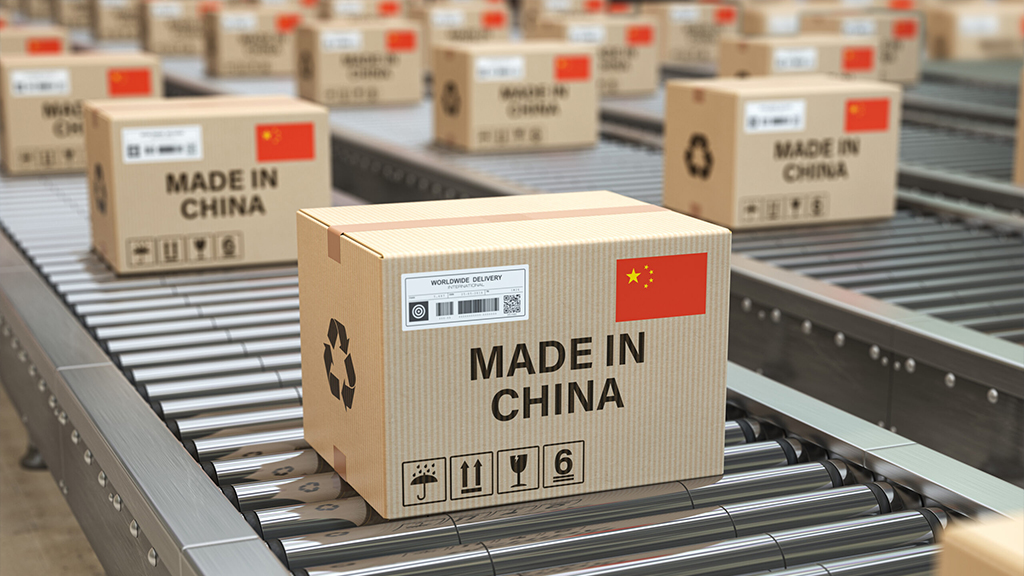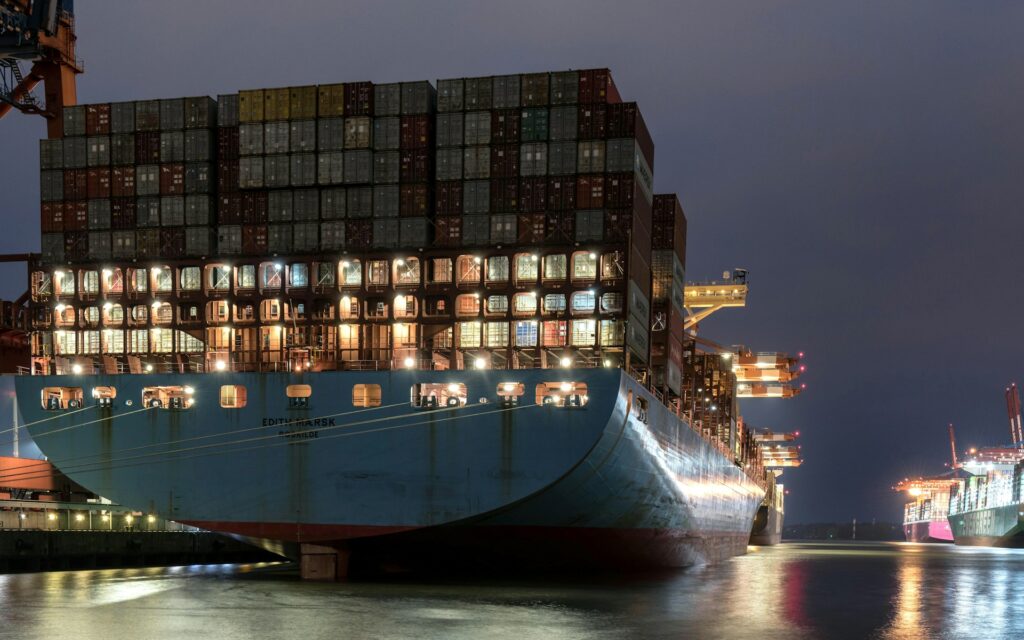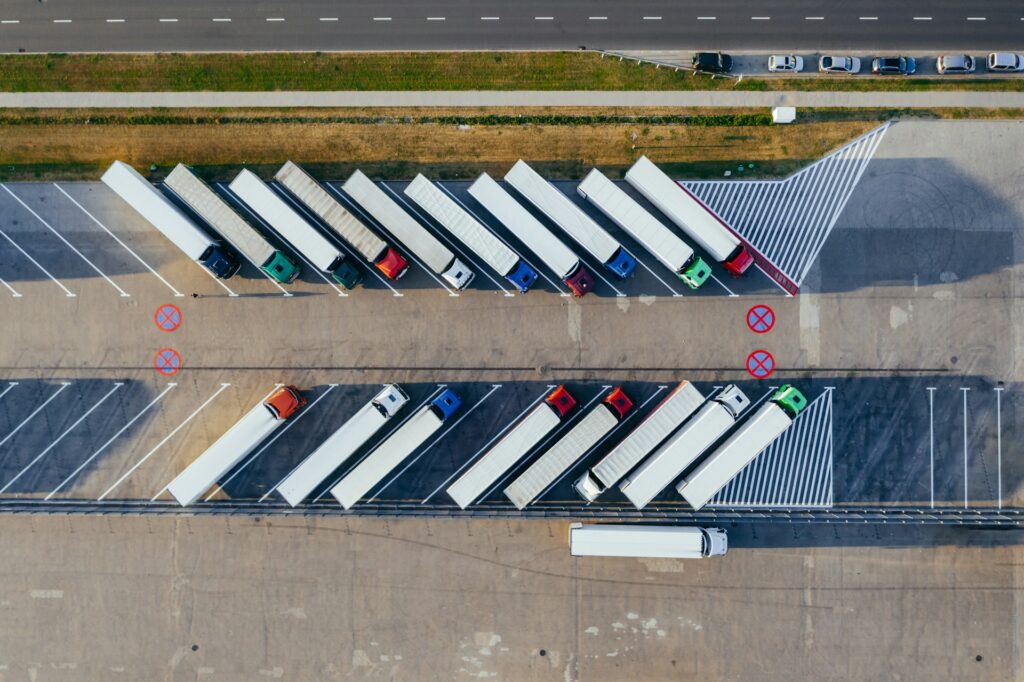
Factory Digitalization: Two Industrial Engineers Use Tablet Computer, Big Data Statistics Visualization, Optimization of High-Tech Electronics Facility. Industry 4.0 Machinery Manufacturing Products
Importing goods from China has become a lucrative opportunity for many businesses worldwide, thanks to China’s vast manufacturing capabilities and cost-effective production. However, if you are considering becoming an import-export middleman or a China sourcing agent, you might wonder: Do I need a license to import goods from China? The answer largely depends on the type of goods you are importing and the regulations of the country where you plan to distribute these products.
Understanding Import Regulations and Licenses

Each country has its own import regulations, which can significantly affect your need for a license. For instance, in the United States, the U.S. Customs and Border Protection (CBP) oversees the importation of goods. Generally, most goods imported into the U.S. do not require an import license. However, specific products, such as alcohol, tobacco, firearms, and certain food items, may need special permits or licenses from federal agencies like the Alcohol and Tobacco Tax and Trade Bureau (TTB) or the Food and Drug Administration (FDA).
In the European Union, import regulations can vary slightly between member states. Importing goods into the EU typically does not require an import license, but certain goods may need additional certification or compliance with specific standards.
Types of Goods and Their Licensing Requirements

The type of goods you plan to import significantly impacts whether you need a license or special permit. Here are some examples:
Food and Agricultural Products: These often require inspections and permits to ensure they meet health and safety standards. Agencies such as the FDA or USDA in the United States typically oversee these products.
Electronics and Machinery: Some electronic items may need certification to ensure they meet safety standards. In the U.S., products may need to comply with Federal Communications Commission (FCC) regulations.
Pharmaceuticals and Chemicals: These require stringent controls and import permits due to their potential impact on public health and safety.
Textiles and Clothing: Generally, these do not require a license but must meet labeling and safety standards set by consumer protection agencies.
As an import broker China or a China import facilitator, it is crucial to be aware of these requirements to ensure smooth operations.
Shipping and Customs Clearance

Regardless of whether a license is required, all imported goods must pass through customs. This process involves declaring the goods, paying any applicable duties and taxes, and ensuring the products comply with import regulations. Proper documentation is essential for smooth customs clearance, typically including:
Commercial Invoice: Details the value and nature of the goods.
Bill of Lading or Airway Bill: Evidence of the contract of carriage.
Packing List: Describes the contents of the shipment.
Certificates of Origin: Indicates where the goods were produced.
Any Specific Permits or Licenses: Required for certain types of goods.
Working with a customs broker can simplify this process, as they are experienced in navigating import regulations and documentation requirements.
The Role of a China Sourcing Agent
As a China sourcing agent or import-export consultant, your role includes finding reliable suppliers, negotiating terms, managing shipping logistics, and ensuring compliance with all relevant regulations. This intermediary role is crucial in bridging the gap between factories, suppliers, and customers, facilitating a smooth import process.
Conclusion
In summary, whether you need a license to import goods from China depends on the specific products you intend to import and the regulations of your country. While many goods do not require an import license, certain categories like food, electronics, and pharmaceuticals do. Understanding the regulations, obtaining the necessary permits, and managing the shipping and customs clearance processes are critical steps to ensure a successful import venture.
Before you start importing, it is advisable to research and consult with customs authorities or a professional customs broker. This will help you avoid legal pitfalls and ensure that your imported goods comply with all relevant regulations. By doing so, you can effectively operate as a China import facilitator or a global sourcing agent, ensuring a seamless supply chain for your clients and a profitable business for yourself.

